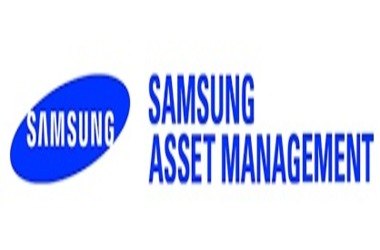
A blockchain is simply a network of computers that work together to record and verify transactions in a distributed database or digital ledger, which may be thought of as something similar to a shared spreadsheet. Before a transaction in the blockchain can be recorded and validated, it must first get permission from the whole network. Every transaction in the blockchain is public and can be seen by anybody on the network.
Anything recorded can’t be changed without the consent of others, and once it’s recorded, it’s almost impossible to change it at all. Blockchain is the technology that underpins cryptocurrencies such as bitcoin, but it also has a vast number of additional uses and applications in the “real world.” The technology is capable of simplifying a broad range of company activities by exchanging data of any kind quickly and securely, while also boosting transparency and reducing the risk of fraud.
Blockchain networks for commercial purposes are already up and running in a wide range of fields such as the financial services industry, real estate, trade finance, supply chain management and transportation. Big and mid-cap companies listed in both established and emerging nations are eligible for inclusion in the actively managed ETF. Both mature economies and developing markets may have companies that are represented by these stocks. Companies without acceptable quantity of liquidity will be disqualified from consideration for inclusion.
As a result, Samsung uses its own internal research resources to identify companies who have a lot of experience with blockchain technology development or use. Blockchain developers are businesses that are actively engaged in blockchain technology research, development, proof-of-concept testing, and implementation. Beneficiaries of the technology include businesses that profit from the need for blockchain applications, such as those that deal with transaction data, cryptocurrency data, and supply chain data. Other examples of such businesses are those that deal with supply chain data.
This group also includes indirect beneficiaries, such as businesses who are able to enjoy cost reductions and economies of scale as a consequence of using blockchain technology inside their own organizations and reaping the benefits of doing so. The exchange-traded fund (ETF) may also hold shares of blockchain investors. Blockchain investors are companies that work together with or directly invest in other organizations that are actively involved in the creation of blockchain technology or its use. These companies may be included in the ETF.
The degree to which a constituent is aligned with the blockchain technology topic will be taken into consideration during the selection and weighting of constituents. Additionally, the strength of a constituent’s financial fundamentals, such as price to earnings ratio and prospective revenue growth, will also be taken into consideration during this process. There will be a ten percent cap put on any one specific ingredient’s total percentage.
Up to ten percent of its total assets may be invested in ETFs that are listed in the United States and provide exposure to cryptocurrency futures contracts. The expense ratio of the ETF has been established at 0.85% of the fund’s total assets.